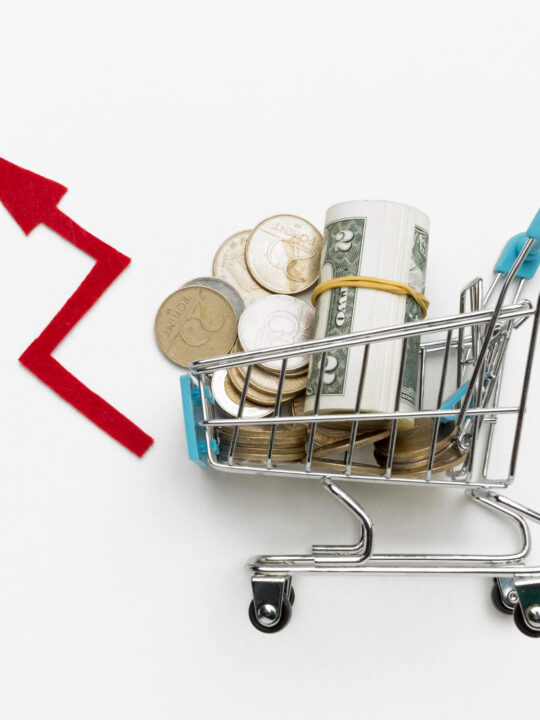 Being financially responsible means different things to people, but almost everyone wants to make the best use of their money and have a plan to use it wisely.
Being financially responsible means different things to people, but almost everyone wants to make the best use of their money and have a plan to use it wisely.
Saving money is a great way to achieve a financial goal, but can seem to take forever. Investing money may build your bottom line quicker, but it comes with risk.
So how do you know if you should invest or save? Read on for information on saving vs investing.
Table of Contents
The Benefits of Saving
Putting money in a savings account vs investing means you can watch it consistently grow. It may be slow, but unless you withdraw it, it will not go down.
You can chart your financial goal specifically and know exactly when it will be reached based on how much you put in regularly.
The downside is having to wait. Even if you have a savings account that earns interest, it will most likely be minimal and over time your money could actually decrease a bit in value due to inflation.
It is always good in making money decisions to have the help of an established financial institution such as Farmersbankidaho.com.
The Benefits of Investing
Deciding on investing vs a savings account depends on your flexibility and tolerance for risk.
Investing is a good way to see a higher return on your money. At first glance, it might seem like this option is the quickest for reaching a goal. What you need to consider, however, is that the market can go up and down, and so can your balance.
If you have a firm date to reach your goal, it can be stressful to watch your money totals change from day to day. Couple that with the possibility of losing money just before your end date and you understand the risk involved with investing.
Should You Invest or Save
You probably are still wondering which option is best. Truly that depends on your financial goal and timeline.
Before making big financial decisions, you should create an emergency fund. This should be from $1000-$2000 set aside for unforeseen expenses. The last thing you want to do is put emergency spending on a credit card.
Then evaluate your next goal. If you have a smaller, short-term goal, then go for savings. There are several types of savings accounts. Choose the one that best suits your income and spending habits.
For a long-term goal without a specific timeline, go with investing. You need the patience to ride out the ups and downs, but staying the course will usually result in a higher yield on your return.
Of course, your best strategy is to do a little of both. You will always have more than one financial need, and you can use these two saving options to meet them.
Saving vs Investing – They Both Have Their Place
The bottom line is that both investing and traditional saving are excellent ways to manage financial stability. Saving vs investing is not an either/or question. It is simply a matter of which ones to apply to a specific goal.
For more expert advice on the topics that are important to a happy and healthy life, bookmark our site and visit often.







